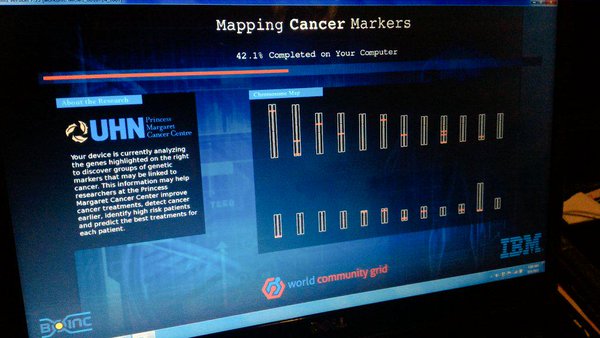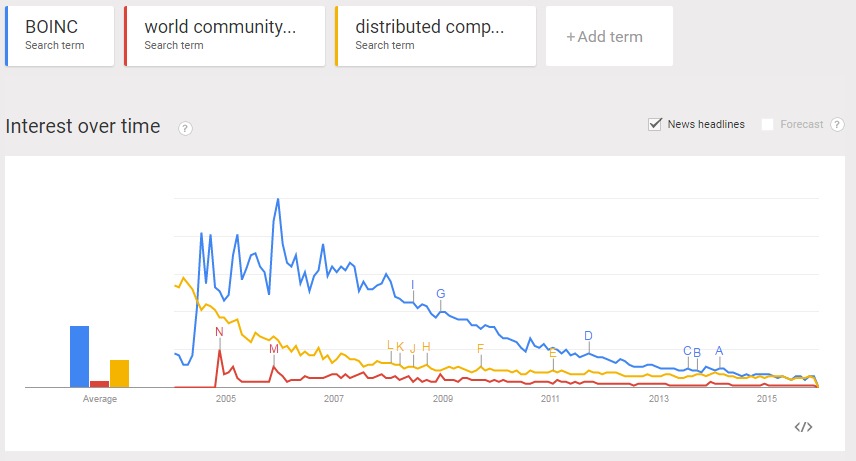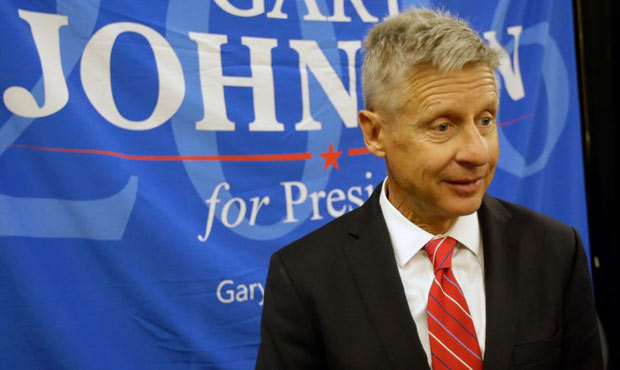There Is No Legal Solution to Crimes like Orlando
The Orlando Pulse nightclub mass murder understandably has inspired
calls for legal solutions to prevent such things in the future. It touches on the core reason people think we need government: to protect our lives from violence.
Omar Mateen's evil assault, evidently motivated by some combination of dedication to radical Islam as represented by ISIS and an animus toward homosexuals, for which he used guns including a Sig Sauer MCX rifle (condemned by many as an "assault rifle" unsuited for any legitimate civilian use), touches on three different areas where many Americans desire more legal pressure or attention: the presence of Islamic radicals in our nation, the "hate speech" thought to possibly motivate such violence, and the ability to obtain the weapon used. (It's a grim trifecta that likely pushed some "the government must do something" button in nearly all non-libertarians.)
So how can people be so obtuse or heartless as to believe that people's freedom of movement (for those who conflate the US-born citizen Mateen with non-citizen Muslims who might like to come here), or freedom from surveillance, or arbitrary detainment, or freedom to think and express hateful things, or freedom to peacefully own objects that exist in the world, should trump government's ability to stop tragedies like Mateen's shooting?
There are a few reasons. If you don't have even a
hint of a core belief that, for the most part and in most circumstances, people should be free to be, act, think, speak, and own what they want, as long as they are not or have not actually harmed someone's life or justly owned property, you may find these reasons unconvincing. You might even consider those who are not enthusiastic supporters of "doing something" with force of law in the face of nightmares like Orlando to be villains.
If you believe
no benefits exist on the other side of questions of surveillance, censorship, or weapon ownership, then the fact that in most actual circumstances, certainly including this one, no amount of conceivably acceptable government action would have stopped this from happening is meaningless; all costs spent toward the goal of stopping murders, no matter how unlikely to accomplish anything, are then acceptable.
Should government keep a closer eye on people in America who seem to evince some sympathy for or connections to radical Islam? People who knew Mateen did feel they saw something, and they did say something. And the FBI investigated.
We have no reason to believe their investigation was incompetent in terms of not uncovering things that were uncoverable, unless we believe they should either be seers or be so suspicious of all Muslims that they should have initiated some sort of 24 hour tail on Mateen. They looked into him, discovered he had committed no crimes, and eventually took his name off a terror watch list. (And had they kept him on it, that too would have had no bearing on their ability to prevent him from committing this crime.)
Are advocates of increased surveillance of suspected terrorist sympathizers imagining preventive detention of the suspicious as necessary and proper? Do they believe if cops listened in on every phone call and read every email in real time, that the plans to murder would be discussed out loud in plenty of time to swoop in and stop them?
The use of government manpower to investigate people who said the wrong things or had the wrong associates in the field of terror in the vastly overwhelming majority of cases are merely harassing people who have committed no crime and don't realistically plan to do so. And even when such surveillance or investigations are not harassing the innocent, or
not ginning up attempted crimes that would not have even happened without the FBI's encouragement, the Mateen case shows that using such techniques to prevent future crime rather than investigate and punish past crime is not apt to accomplish much either.
Treating a huge sector of American society for reasons of ethnicity or religion or ideology or associates as inherently worthy of deep, extended investigatory attention from government has, understandably, a bad reputation in American history, even when the ideology under investigation is genuinely ugly. And as this week shows, such surveillance or investigations don't hold much promise to actually accomplish much in the way of public safety for the costs to the dignity and privacy and right-to-be-left alone of those targeted.
For those who think that hateful attitudes or expression toward others (even when they fall short of violence) need to be extirpated or punished, well, that is certainly a more and more popular attitude in the West. I imagine it makes perfect sense to those who reacted to the last sentence of
1984 with anything other than a chill of horror, or those who have a hard time seeing any principle or value behind freedom of conscience or freedom of expression, those cores of Western liberty, other than "it is only good to say and think good things." There
are costs to giving power over conscience and expression to government, and they won't only be used where you think they ought to be used.
As for guns, you may believe in the Second Amendment, sort of, or not believe in disarming all American in all circumstances but just think when it comes to certain kinds of guns you want to call "assault rifles" or certain size magazines that there's no good reason to allow them to stay in circulation.
Almost universally, those kinds of guns or magazines of a certain size are not used to harm anyone. But they clearly
can be, and those who want them gone can't think of any
good reason some one would want one, certainly not a reason good enough to justify even the
slightest chance it can be used to harm someone. (It might be worth considering the specific
types of weapons or
magazines usually targeted by these "reasonable" gun control recommendations aren't necessarily any more deadly than other kinds.)
One can even grant two suppositions—that the innocent should be robbed of the use of some existing tool because the evil may misuse it if you aren't satisfied with their reasons for wanting it, or even that it would be a better world if no one had those kind of weapons and those sized magazines—and still doubt trying to pass and enforce such laws is worth it.
America already has had a couple of wide-scale experiments, with alcohol and drugs, in banning or forbidding something that already exists here in America in vast profusion, and/or is relatively easy to smuggle in. Booze, drugs, guns, magazines, all things that in some cases can facilitate or further or help cause harm to others; and that in the vast majority of cases are used for private pleasure and fulfillment of a sort an outsider might scoff at but whose pursuit can be seen as core to liberty writ large: the ability to choose how to shape your life and leisure, as long as you are not actually harming someone else's life or property.
So we already know here in America that there are enormous costs associated with such attempts to police the nation and find and confiscate and punish people over existing items that people want and that they almost never harm others with. Such costs can be seen especially in the harassment and punishment of the actually innocent (that is, those who might be violating the prohibition on owning or using the contraband, but would not ever have harmed someone else), and these costs which almost certainly will fall the hardest on our culture's poorest and least respected. They can be huge and should not be taken on lightly.
You might think that murder is not a "light" reason and indeed it is not. But given the combination of other ways to kill (guns were not part of either the 9/11 or Boston marathon terror attacks), the existence of so many of those weapons and magazines already, and the vanishingly small number of cases in which their absence would have made murder impossible, the costs of a new war on a new form of contraband—one which police could make the case present such a danger to them that already overly violent policy practice would get even more violent thus conceivably leading to more deaths than that would-be contraband cause now—seem, to some Americans, to outweigh any imagined benefit. (Unless the only benefit is the ritual of "doing something.")
So, those are some reasons some people don't instantly leap to the conclusion that something new must be done by government in the face of this horrible mass murder Orlando just suffered through.
To be fair, if you believe any amount of harassment or restrictions on the innocent's ability to peacefully move through American life unmolested is meaningless in the face of a vanishingly small possibility that you might prevent a murder or murders from occurring, then those reasons will not be convincing to you.
But there might be cultural and historical reasons that those more libertarian-leaning attitudes can be found in your fellow Americans, as your "any price in terms of liberty is worth paying in pursuit of any possibility of safety" attitude is strongly at odds with the structure and philosophy of American government and life as it was constituted, at its best.
Source:
There Is No Legal Solution to Crimes like Orlando | Foundation for Economic Education











